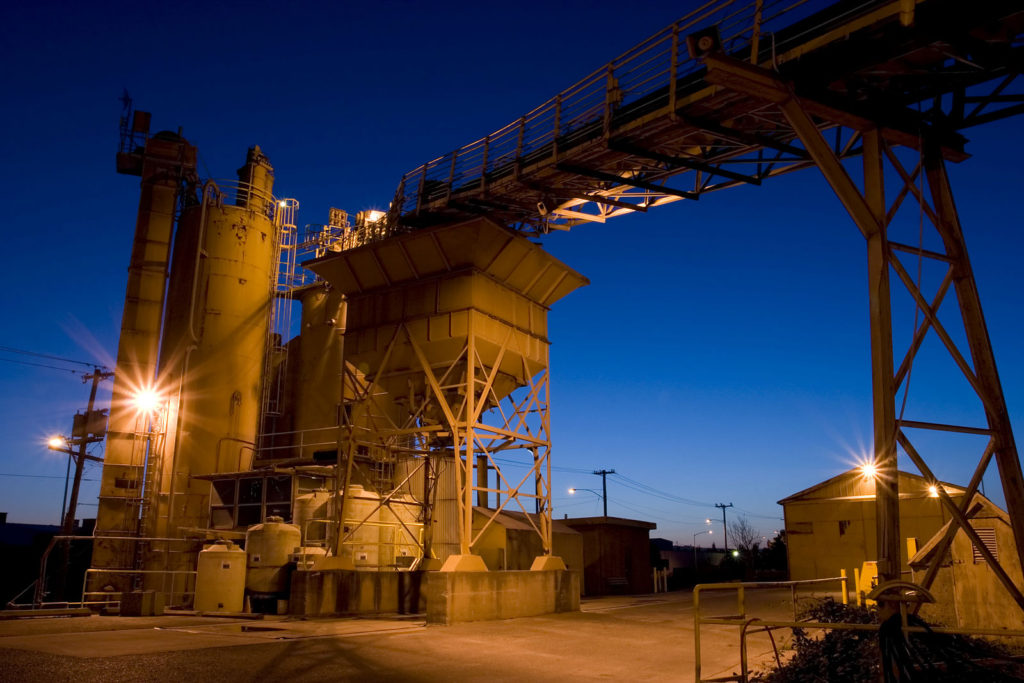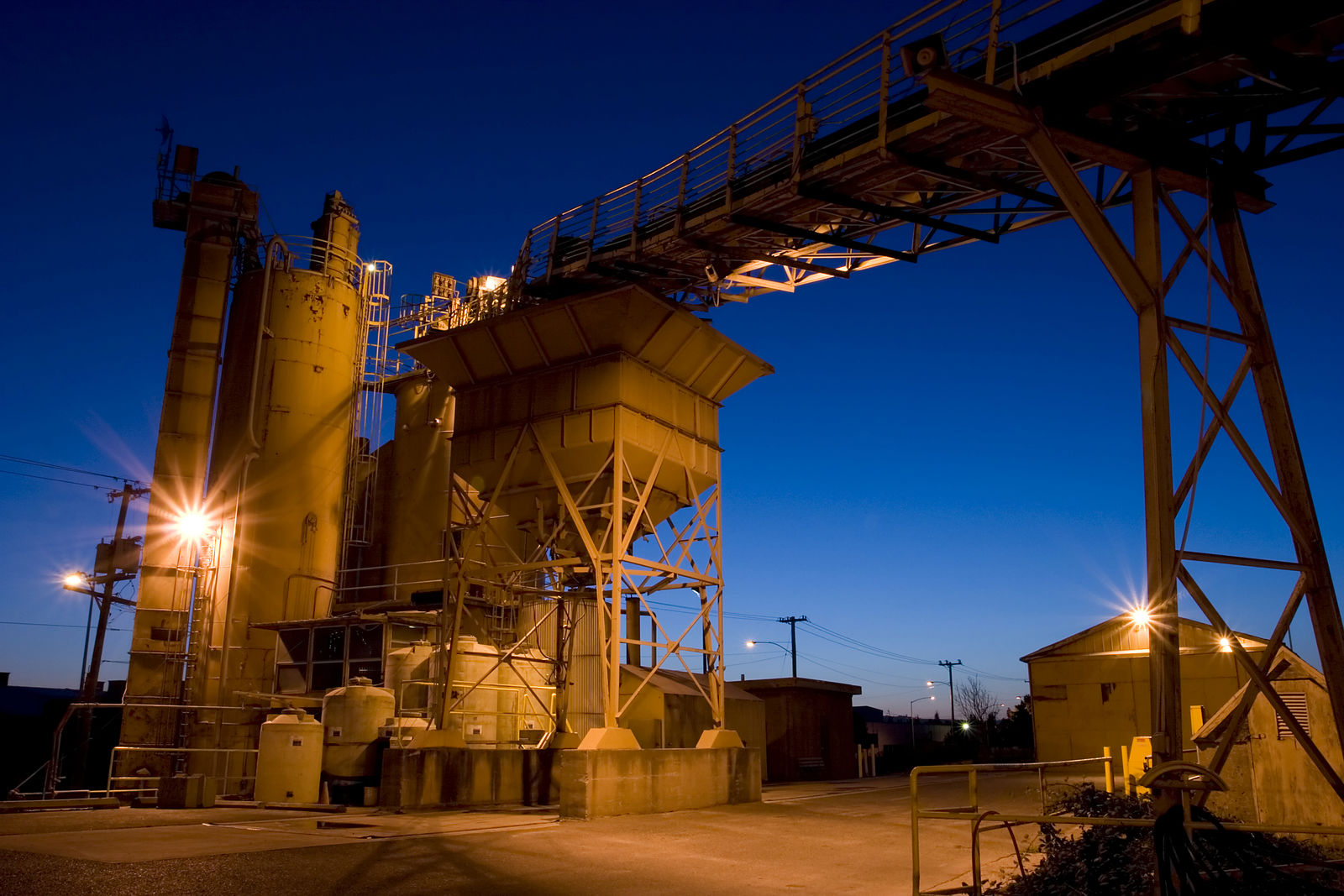
Martyn Williams, managing director of industrial software expert Copa-Data UK, examines three of the most prominent automation trends of 2017 and discusses how these trends are changing manufacturing operations
As manufacturing facilities incorporate greater levels of automation, the demand for new technologies continues to grow.
Recent years have seen several trends create a shift in the way the industry operates.
Machine learning: improving accuracy at every phase
Promising an answer to many modern manufacturing challenges, machine learning is one area of technology that has been subject to rapid development in the last year. Machine learning describes computer science techniques that allow a machine to independently learn a task, rather than being programmed to complete that task.
In the era of big data, the greatest advantages of machine learning will come to manufacturers with data-rich production lines. Using the technology, machines can derive patterns and information from existing datasets.
Potential uses include optical part sorting, automated quality control, failure detection and improved productivity and efficiency. In fact, according to a smart manufacturing study by the UK National Institute of Standards (NIST), machine learning can improve production capacity by up to 20 per cent and lower material consumption rates by four per cent.
Machine learning algorithms have the potential to bring greater predictive accuracy to every phase of production and there are many manufacturing systems that can – and do – use machine learning to improve operations.
Modularisation: fulfilling the need for flexibility
Fulfilling customer demand will always be a priority for manufacturers. Changing consumer needs and habits require manufacturers to offer a wider range of products, without reducing product quality and consistency. Considering the competitive nature of today’s industry, the potential to create flexible production lines could not be more valuable.
Modularisation allows manufacturers to separate, connect or combine different production modules to create customised and varied products in one facility. This change requires the interconnection of industrial machinery and the implementation of intelligent control software.
Increasingly, manufacturers are using modularisation as a technique to seed a new market with a particular product, in order to prove customer demand before a full scale implementation, therefore saving time and resources.
SCADA: more than data acquisition
SCADA applications already play a key role in smart manufacturing. However, according to a report by global market research firm Technavio, the manufacturing industry is set to experience a significant growth in the adoption of analytical software through SCADA.
The integration of predictive analytics in modern SCADA software has made it easy for manufacturers to collect and archive production data and make future predictions based on this intelligence. However, SCADA systems provide much more than an insight into the lifespan of machinery. The integration of cloud computing with SCADA systems has enabled operators to control production from any location, further improving the flexibility of the plant.
As with any cloud migration, there are security concerns. However, as cloud security features become more sophisticated and SCADA providers increasingly adopt a security by design approach to their software, this concern is unlikely to deter manufacturers from embracing – and benefitting from – cloud-based SCADA.
These industrial automation trends are just a taste of the intelligent applications still to make waves in the industry. The coming year will be all about the great influx of supervisory control technologies that are designed to improve the flexibility, accuracy and security of production.

